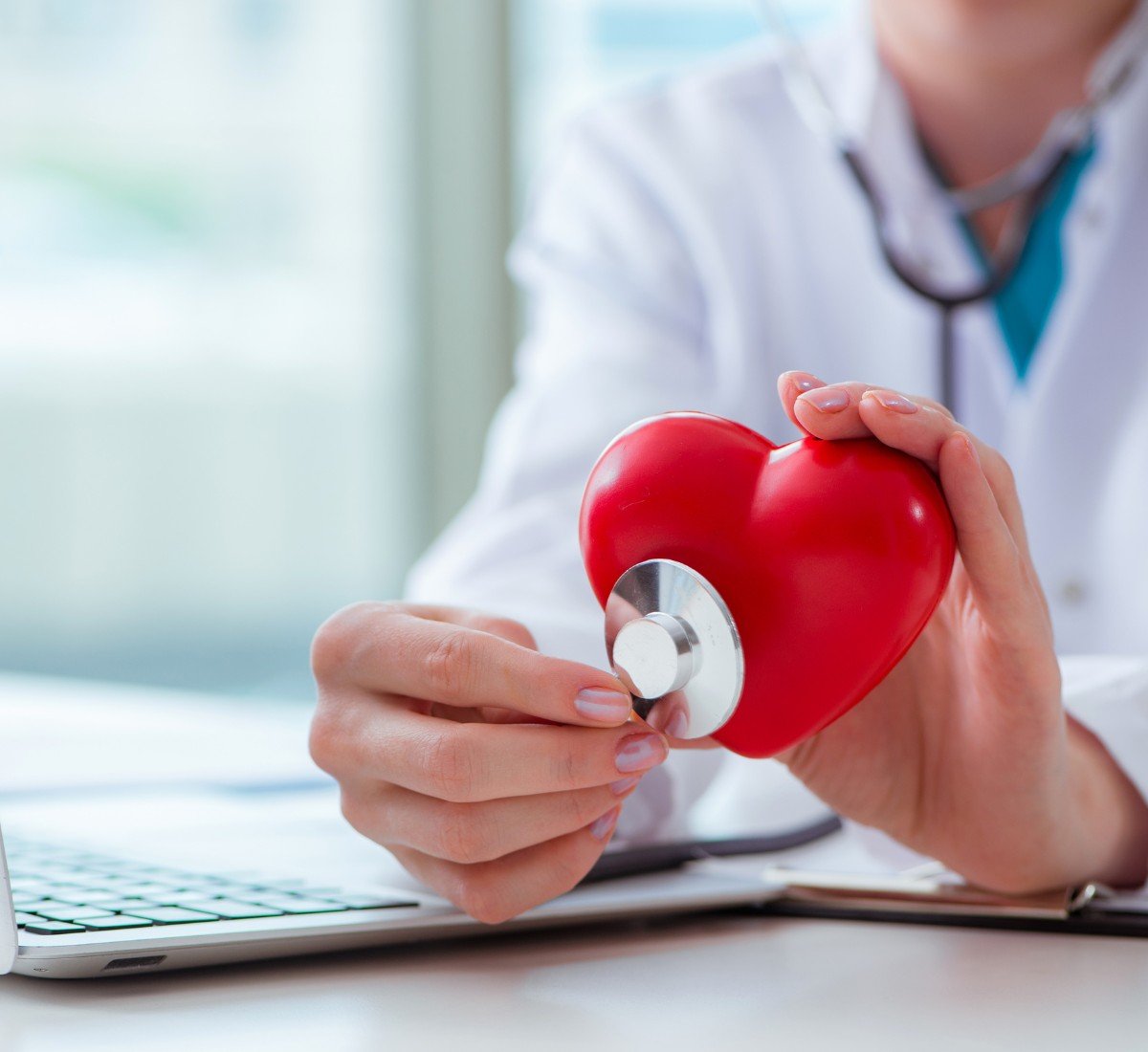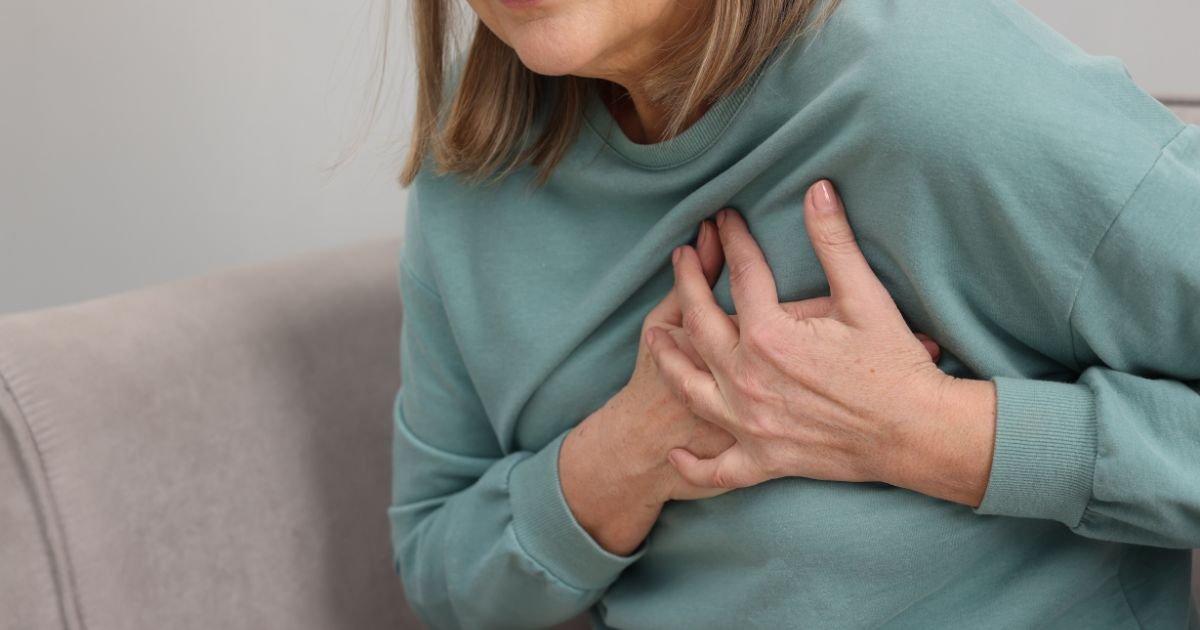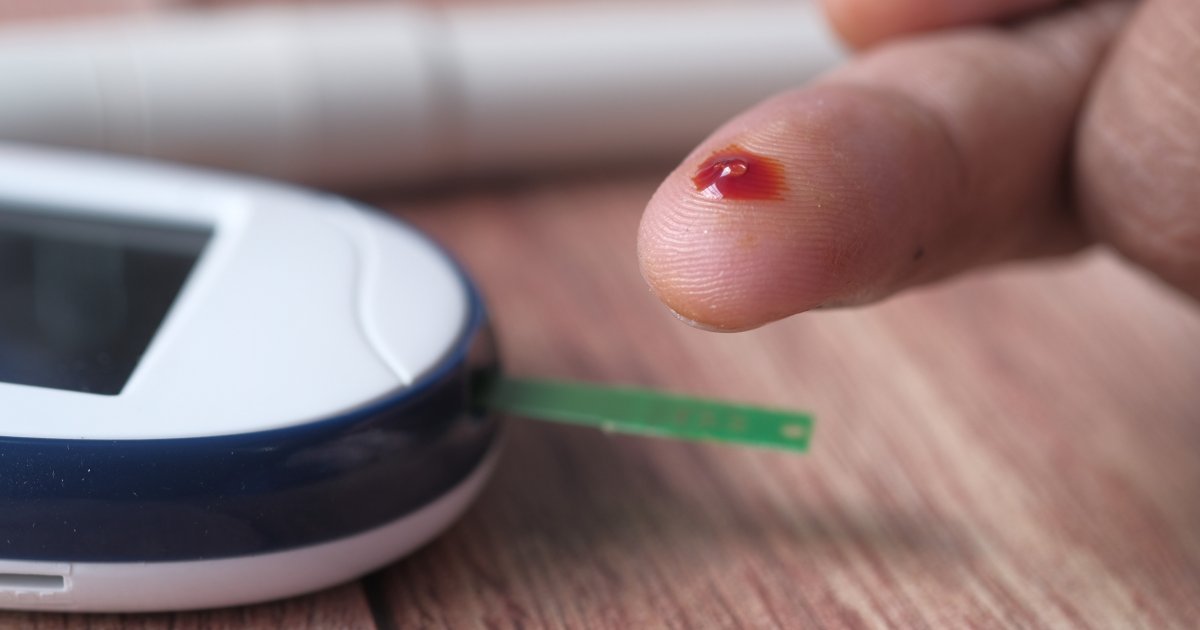The arterial hypertension (pressure ≥ 130/80 mm Hg) affects one in three Mexican adults and rarely causes symptoms. However, keeping it under control reduces heart attacks, strokes and kidney failure. In this guide you will learn the normal numbers, the factors that raise blood pressure and the best strategies to lower it safely.
What is arterial hypertension?
The World Health Organization defines hypertension when systolic pressure is ≥ 140 mm Hg or diastolic pressure ≥ 90 mm Hg on two separate intakes. The stricter ACC/AHA 2023-2024 guidelines classify. high (120-129/ < 80), stage 1 (130-139/80-89) y stage 2 (≥ 140/90)
Local data: In Mexico, 46 % of adults aged 30-79 years live with hypertension; only 57 % know about it and 40 % control it - a gap we can close with screening and education.
Main risk factors
- Age > 40 years old and family history.
- Excess salt and ultra-processed foods.
- Overweight or obesity (BMI ≥ 25 kg/m²).
- Sedentary lifestyle and chronic stress.
- Usual consumption of tobacco or alcohol in excess.
Why does the pressure rise?
Excess sodium retains water; the heart pumps harder and arteries lose elasticity due to cholesterol deposits. Over time, the arterial wall thickens and resistance to blood flow increases.
Symptoms: those that almost never appear
Hypertension is known as a "silent killer" because most do not feel anything until a complication occurs. Headache, ringing in the ears or nosebleeds often indicate very high numbers. That's why it's key to measure your blood pressure at least once a year or every 6 months if you have risk factors (agenda a Cardiological Check-Up → /checkup-cardiologic/).
How it is diagnosed
- In-office blood pressure measurement with calibrated sleeve.
- Confirmation on a second visit or with MAP 24 h (/map-pressure-24h/) to rule out "white coat hypertension".
- Laboratory tests: glucose, lipid profile and renal function.
- Studies of target organ damage (echocardiogram, fundus) as appropriate.
Pressure targets according to guidelines 2024 - 2025
| Category | Systolic (mm Hg) | Diastolic (mm Hg) |
|---|---|---|
| Normal | < 120 | < 80 |
| High | 120-129 | < 80 |
| Stage 1 | 130-139 | 80-89 |
| Stage 2 | ≥ 140 | ≥ 90 |
Source: ACC/AHA - update 2024
Non-pharmacological treatment: the 5 keys
Salt reduction
Limited to 5 g per day (≈ 1 tsp). Read labels; most sodium comes in breads, sausages and sauces.
2. Cardioprotective nutrition
Follow the diet DASH o Mediterranean, rich in fruits, vegetables, legumes, low-fat dairy products and olive oil.
3. Regular physical activity
150 min/wk of moderate exercise (brisk walking, swimming) or 75 min/wk of vigorous exercise, plus 2 strength training sessions, according to the AHA.
4. Healthy weight
Lose 5-10 weight % decreases pressure 4-6 mm Hg.
5. Stress and sleep management
Practice diaphragmatic breathing, meditation or yoga; sleep 7-8 hours. High cortisol raises blood pressure steadily.
Medication: when and how
If pressure persists ≥ 130/80 mm Hg despite 3 months of lifestyle changes, or initiates ≥ 140/90, drugs are considered. Guidelines suggest:
- IECA o ARA-II (e.g., enalapril, losartan) for first line.
- Calcium antagonists o thiazide diuretics as an alternative/combination.
- Double therapy if BP > 20/10 mm Hg above target.
Adherence is key; ask your doctor before stopping or changing doses.
What happens if it is not treated?
Uncontrolled pressures progressively damage the heart, brain, eyes and kidneys:
- Myocardial infarction - coronary arteries become blocked.
- Stroke - rupture or blockage of cerebral vessels.
- Renal insufficiency - glomerular filtration impairment.
Regular monitoring and treatment adjustments reduce the risk of major complications by up to 40 %.
Quick Frequently Asked Questions
Can I do intense exercise?
Yes, if your cardiologist authorizes it and there is no organ damage; increase gradually.
Does coffee raise blood pressure?
Caffeine may elevate it transiently; moderate to 1-2 cups and measure your response.
Can hypertension be cured?
It is controlled. With weight loss and proper nutrition some patients reduce or discontinue drugs.
Next step for your arterial health
Control the arterial hypertension requires commitment, but the benefits are felt for a lifetime. Program your Cardiological Check-Up or request the MAP 24 h to know your pressure profile and receive a personalized plan.



